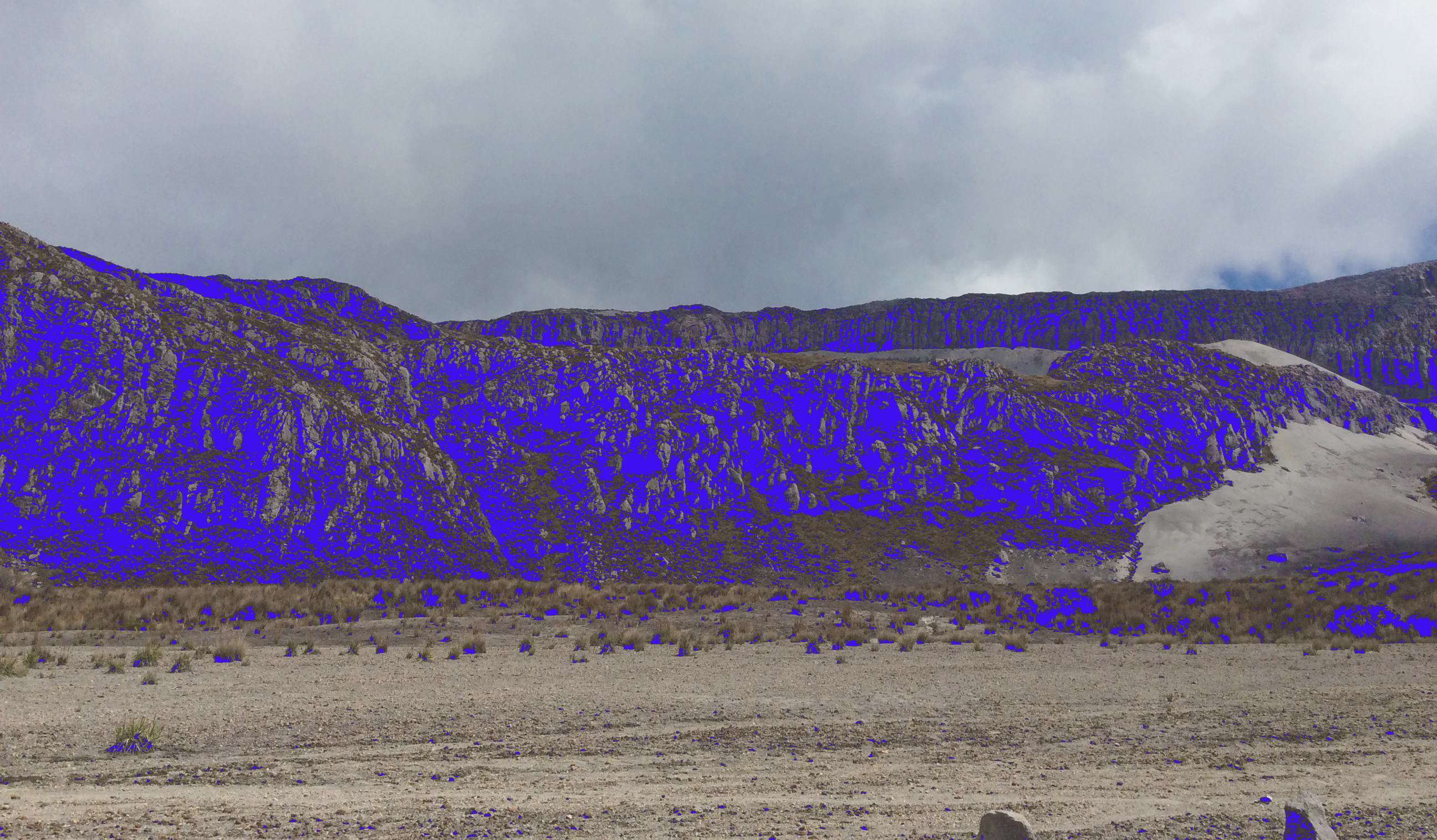
The Unit of Play is so named to convey the collective cultivation of exploratory forms of engagement. It is about putting new ideas into play, and being put into play by ideas!
Established in 2012, The Unit of Play (UoP) is a transdisciplinary unit, based in the Department of Sociology. Its main activities are co-ordinating and developing a research focus within the Department through the hosting of conferences, reading groups, research projects, salons, seminars, workshops as well as supporting doctoral research. The research focus is oriented around the collaborative exploration and incubation of radically new ideas, practices, and proposals that cut across established disciplinary, theoretical, methodological, and thematic boundaries and concerns of the social sciences, arts and humanities.
Mission
The Unit of Play is so named to convey the germination and cultivation of engagements with new events, problems, ideas and possibilities that demand creative, playful and collaborative engagements; novelties that are transversal to, and therefore challenge, pre-established allegiances. Central to the UoP’s mission is therefore the permanent enlargement of both scholarly and public imaginations, understandings, and possibilities for action and intervention, by organising activities and projects that enable novel, creative and speculative proposals and conceptions to be rigorously explored, imaginatively played and experimented with, and progressively consolidated.
Current Research Programme
To this effect, UoP facilitates collaboration and intervention across disciplines and practices concerned with the exploration and cultivation of the new, including, but not limited to: sociology, philosophy and theoretical humanities, anthropology, politics, media and cultural studies, psychology, ethology, ecology, historiography, medical humanities, visual studies, and the arts. As of 2016/2017, UoP will be developing a new research programme on Pluralistic Connections exploring the challenges and possibilities of new pluralistic forms of thinking, knowing, and doing across fields of practice and experience. As such, it seeks to explore and transform existing oppositions between Fact and Value, Nature and Culture, Epistemology and Ontology, Knowledge and Faith, as well as Pasts, Presents, and Futures.
